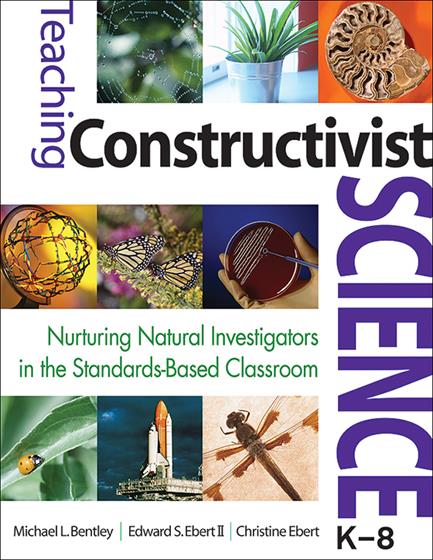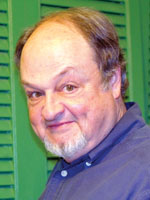
Hands-on, Practical Guidance for Educators
From math,
literacy, equity, multilingual learners, and SEL, to assessment, school counseling,
and education leadership, our books are research-based and authored by experts
on topics most relevant to what educators are facing today.

Teaching Constructivist Science, K-8
Nurturing Natural Investigators in the Standards-Based Classroom
First Edition
Invite young minds to engage in meaningful, standards-based science!
This reader-friendly book provides the perfect method for teaching science in ways that make sense to students. The authors show teachers how to use science content standards, practical applications, and teaching strategies and activities to help students construct their knowledge by combining prior understandings and new learning experiences. Special features include:
- Classic and new ideas for student activities
- A resource list for building a science-friendly environment
- Learning experiences aligned to national science standards
- Discussion questions for teacher study groups

Product Details
- Grade Level: PreK-12, Elementary, Secondary
- ISBN: 9781412925754
- Published By: Corwin
- Year: 2007
- Page Count: 248
- Publication date: February 26, 2007
Price: $94.95
For Instructors
This book is not available as a review copy.





